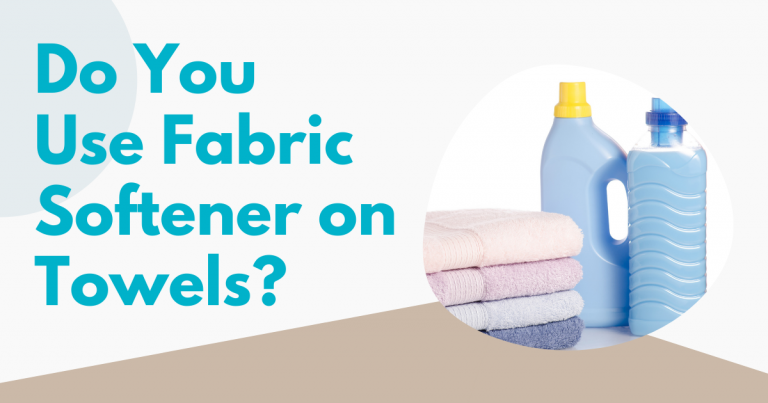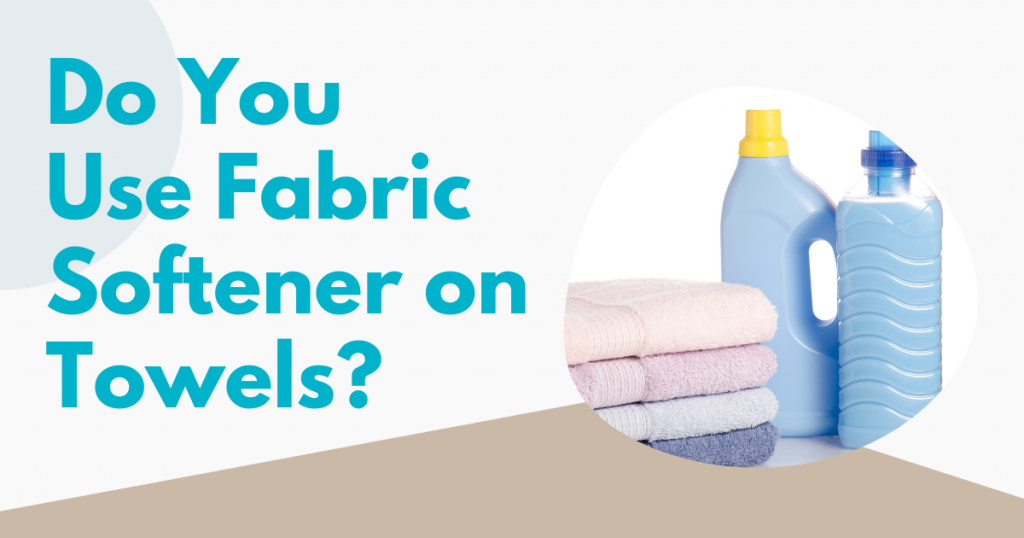
After a warm, comforting bath, a soft fluffy towel to wrap around can start the day right. Towels play an essential role in your bath routine. While washing towels seem trivial, it’s a vital step in keeping them in top shape for longer.
Several factors contribute to dry and stiff towels. The common culprits are product accumulation and improper washing and drying methods. We’re here to answer whether it’s a good idea to use fabric softeners on towels. Moreover, we’ll show you how you can wash your towels to keep them soft and fluffy.
Can You Use Fabric Softener on Towels?
The promise of fabric softeners seems favorable when you want fluffy towels. But, this is actually counterintuitive. To keep your towels soft, you need to ditch using a fabric softener.
Liquid fabric softener is commonly used during the rinse cycle to condition the laundry. It contains petroleum-based ingredients, oils, and fragrances. These components produce a coating that reduces wrinkles and static. It also keeps laundry feeling soft and leaves a lingering scent to the laundry. Yet, the same oily film is the reason why it’s a bad idea to use fabric softeners on towels every time you rinse. The oils and petroleum-based components hinder towels’ absorbency. They make the towel greasy and slippery and can’t absorb water.
How to Wash Towels to Make Them Soft (Again)
There are various ways to make your towels soft again without using any fabric softener. Here are some tips you can apply the next time you wash your towel at home:
Use Vinegar Instead of Fabric Softener
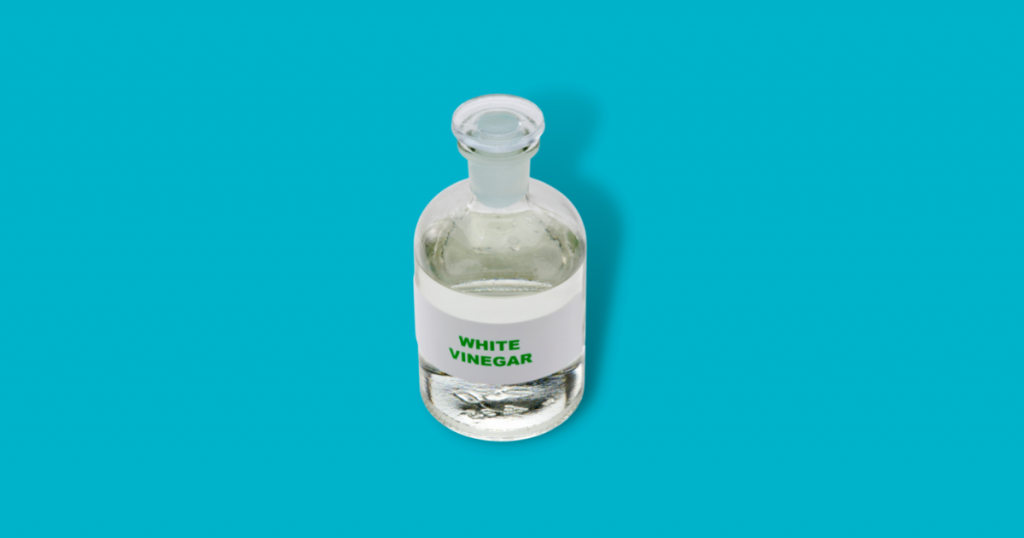
White vinegar works like magic in keeping your towels soft and fluffy. Towels can become rough and dry because of product residue during the wash. You can get rid of soap or fabric softener residue in your towel by adding vinegar during the wash cycle. Vinegar is a natural laundry softener. Thus, your towel laundered in vinegar will feel fluffy and more absorbent after wash.
If you worry whether the sour smell lingers on clothes, you’re in for a surprise. Vinegar doesn’t leave clothes smelling sour. Instead, it deodorizes fabrics. It can clean and remove odor-causing bacteria during the wash. But it does not leave any funny odor on your towel.
To use vinegar to wash your towel, add half a cup of vinegar with your detergent and wash normally. You can also use vinegar during the second wash instead of using laundry detergent.
Replace Fabric Softener with Baking Soda
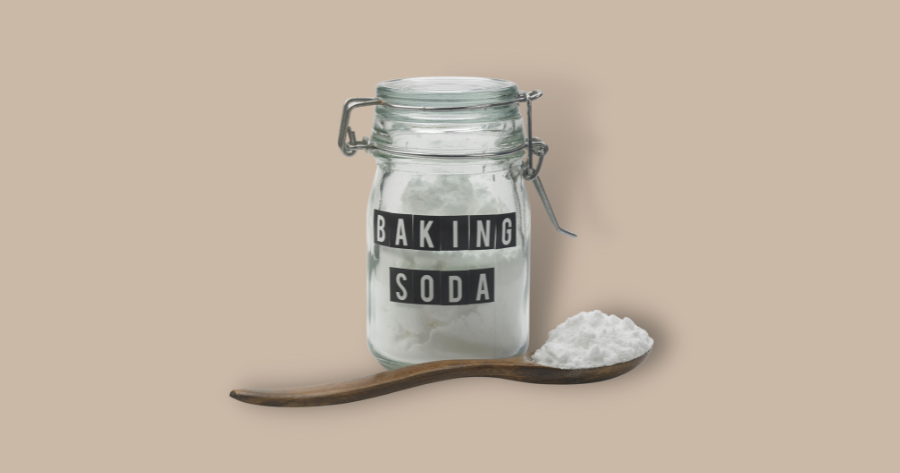
Another pantry stable that serves a spot in the laundry room is baking soda. Baking soda is a good alternative to liquid fabric softener. This wonder-powder helps make towels softer. Baking soda does this by loosening the towel’s fibers and getting rid of product build-up as well. Moreover, it removes the musty odor from damp towels left in the laundry hamper after the shower. Using baking soda will leave your towels smelling fresh after wash.
Baking soda can also whiten clothes lightly, so it’s best for classic white towels. Avoid using chlorine bleach on white or colored towels to prevent damaging the fabric. If you need to use bleach, use Oxyclean instead.
To use baking soda, add half a cup of the powder in the wash together with detergent. Add your towels and launder on a normal cycle.
Wash Towels Separately
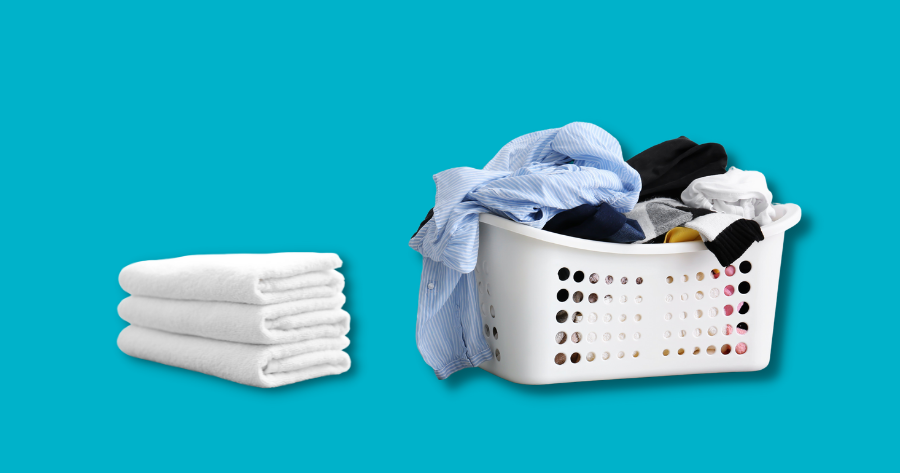
A cotton towel will produce lint. The quality of cotton doesn’t matter. It is because cotton is a natural fiber and natural fibers shed. A new towel should be washed and dried separately during the first few washes. Doing this will avoid a lint-filled scenario.
If you want to avoid lint picking, it’s best to wash cotton towels separately from other clothes. Never mix them with microfiber or corduroy. These fabrics attract lint. Washing towels in a separate laundry ensures each of them will get equal attention. Being nit-picky with separating the laundry may seem tedious, but it’s all worth it.
Reduce the Amount of Detergent During Wash
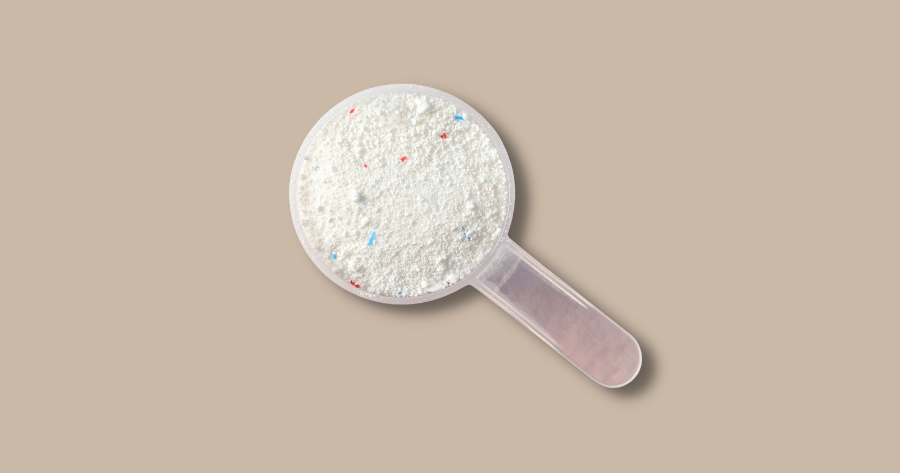
Towels don’t need too many products during the wash. A stiff and scratchy towel is an indicator that there’s a lot of residues left in it. When washing towels, it’s best to use a little less detergent. Using less product reduces the chance of having soapy residue on your towel. You can also increase the amount of water during the wash to avoid product residue. Curious to know if you are using the proper amount of detergent for your laundry? Click here.
Don’t Overload the Washing Machine and Dryer
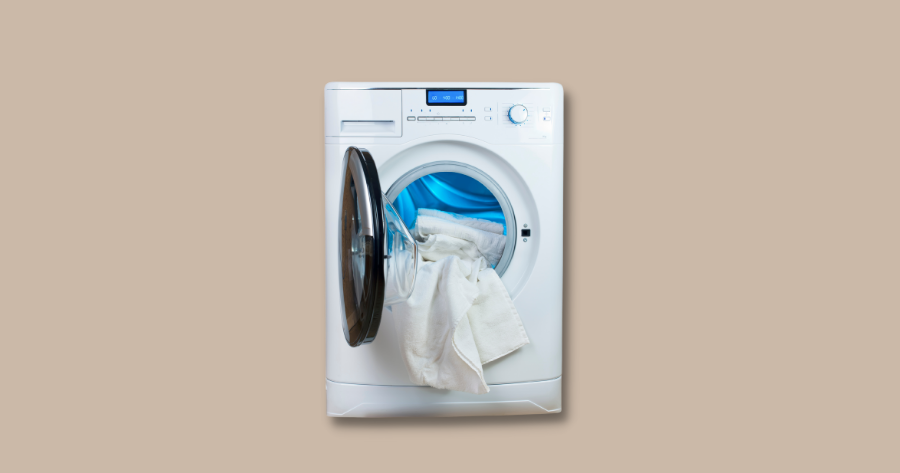
It’s never a good idea to cram all your laundry load in one cycle. When there’s not enough space for clothes to tumble, your washer can’t do its job. The water and detergent won’t be able to clean your laundry thoroughly. Your towels will end up partially cleaned and look dingy.
The same goes for your dryer. Overloading the dryer is a recipe for disaster. Without enough air, you won’t achieve soft, fluffy towels. You can load your washer and dryer with three towels at a time, plus some washcloths or hand towels.
Use Warm Water
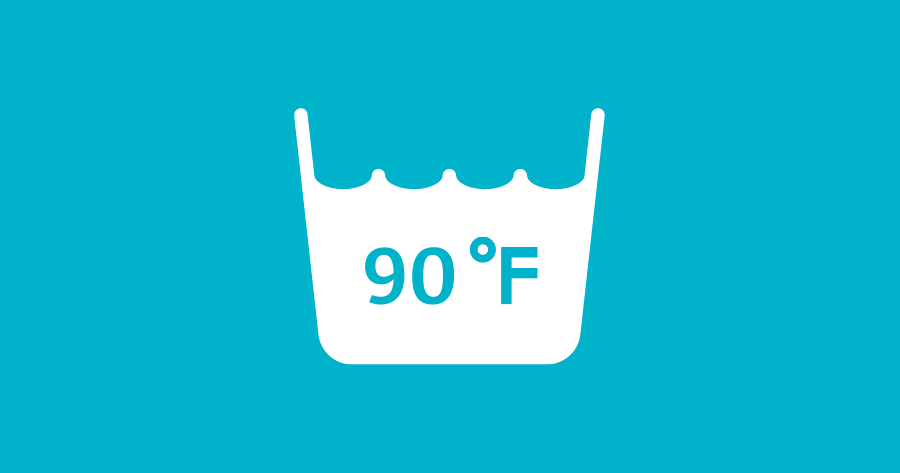
The best water temperature you can use to wash your towels is around the normal body temperature. Warm water doesn’t damage the cotton fibers, unlike hot water. Moreover, it can absorb detergent better. It leads to less product build-up after wash.
Use a Lower Setting in the Dryer
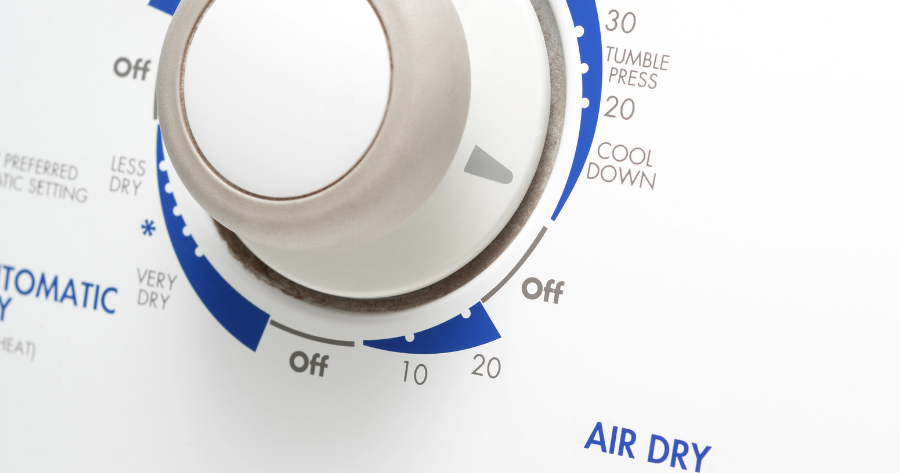
It’s better to use a lower heat setting in the dryer. The high heat from the dryer can damage even the best cotton towels. You can shake the towel before transferring it from the washing machine to the dryer. It will make the towels fluffy after drying.
Skip the Dryer Sheets and Opt for a Dryer Ball
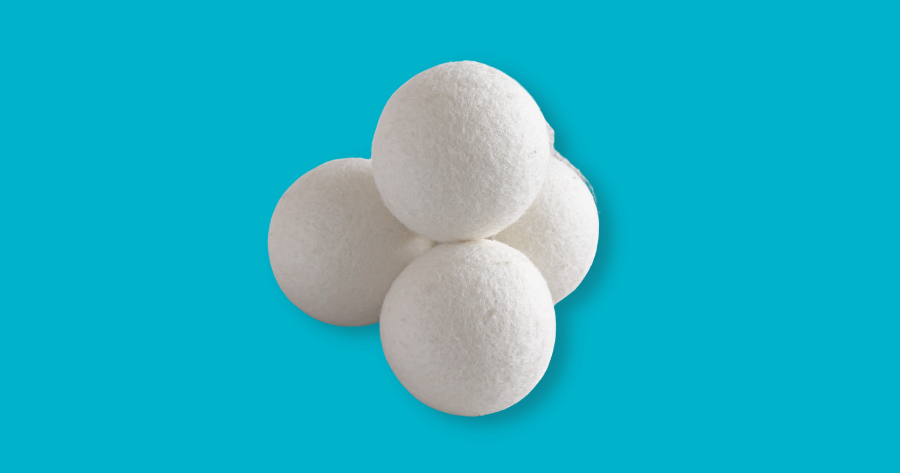
Dryer sheets make clothes smell fresh. It also softens fabrics. It does this by coating fabrics with a fatty molecule. However, this doesn’t do well with towels. The coating lessens the towel’s absorbency.
Wool dryer balls can soften the towel in the dryer while leaving a light scent on the fabric. It does this by agitating the towels as they dry. You can use your choice of essential oil and add a few drops to the dryer balls. Let the dryer balls soak the oil before you toss it in the dryer. Using this technique will leave your clothes smelling great after drying.
In Conclusion
It’s not a great idea to use fabric softener when washing towels. It can leave residues that reduce your towel’s fluffiness and absorbency. Follow these tips to keep your towels soft without sacrificing their integrity and quality.
Want to share this?

